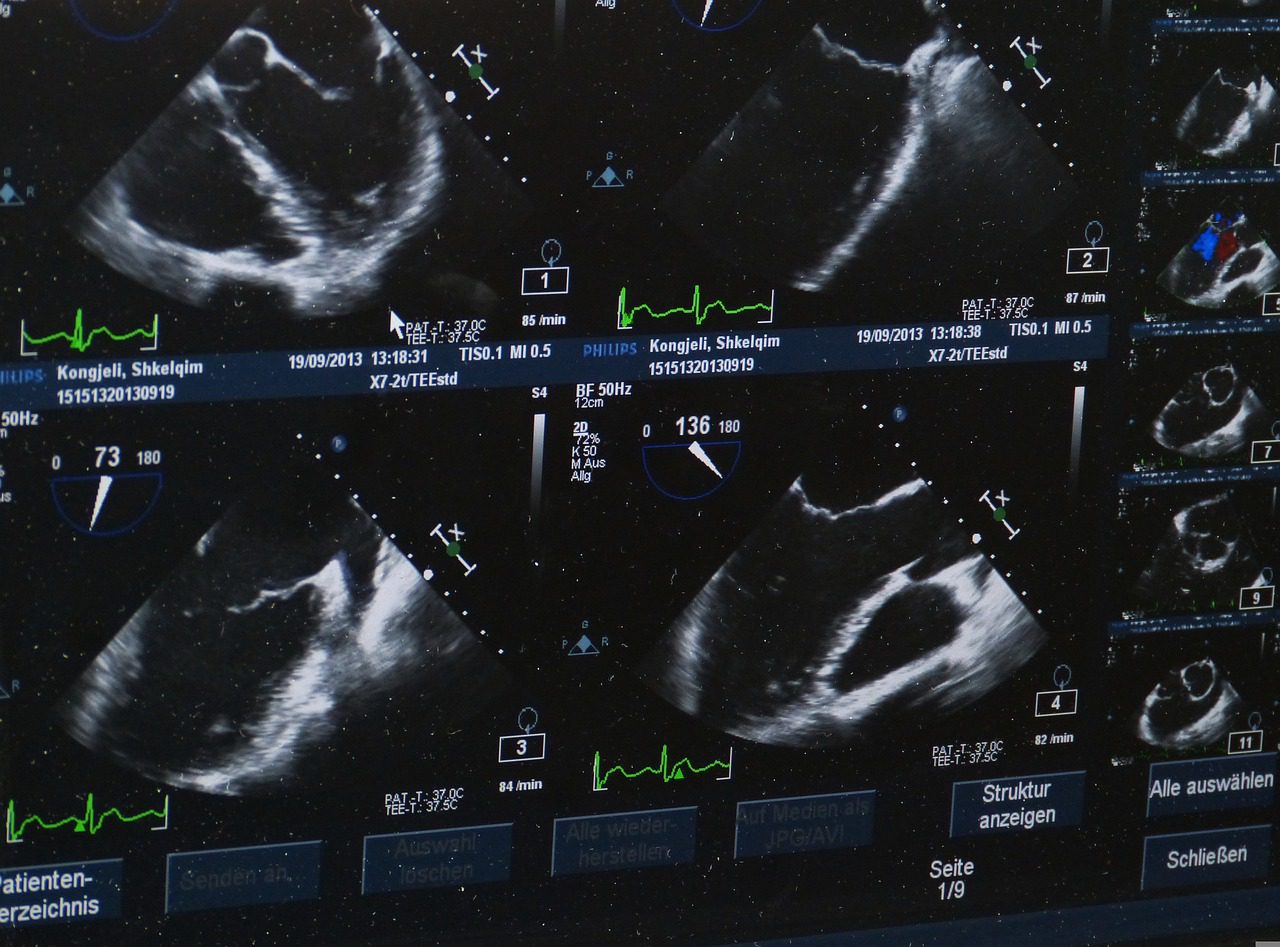
On Tuesday, September 13th, Hungary introduced an important legislative change. From now on, before making the final decision to initiate a termination procedure, the mother will have to have heard her baby’s heartbeat during an ultrasound scan.
Until now, the Hungarian government of Viktor Orbán has not made reducing abortions one of its priority objectives. Instead, it has focused on developing a family-friendly policy through the promotion of marriage and children. This pro-family public discourse has nevertheless had indirect effects on the number of abortions, which has fallen from 40,000 to 23,000 in the space of a decade.
In Hungary, abortion is possible up through the 12th week of pregnancy—under certain conditions, notably, if the child is the result of rape, or if the mother or the child has serious health problems. It can even be requested for up to 24 weeks in some serious cases, or even to full term.
From now on, before proceeding with the abortion, the mother must obtain a medical certificate from an obstetrician-gynaecologist, proving that the vital functions of the foetus, i.e., the heartbeat, could be “clearly identified” by the patient and the doctor.
The measure was signed by the minister of the interior and came into force September 15th.
Dóra Dúró, a member of parliament from the right-wing Mi Hazánk party, welcomed this step forward for the protection of life on social networks. She has been campaigning for several years for the child’s heartbeat to be taken into account in the abortion process—a generally effective way of getting her to abandon her decision. “There will be at least a few seconds when a fetus can communicate with its mother who can listen to its heartbeat before an abortion is carried out,” she praised in a Facebook post.
The opposition accuses the government of wanting to progressively and in a roundabout way attack the right to abortion, against the will of women. The NGO Amnesty International has also joined the battle, accusing the government of “traumatizing” women who are already in a situation of distress and fragility.
The minister of the interior is nevertheless confident that the decision is appropriate. “Two-thirds of Hungarians believe that a baby’s life begins when its heart can be heard,” he said. He believes that the decree is not a tightening of existing legislation, but a better way of transmitting the deep issues inherent in the decision to have an abortion.
This piece of legislation is likely to arouse the anger of the European institutions, at a time when there is talk of enshrining the right to abortion in the European constitution and, for some, of going so far as to make it a human right.
